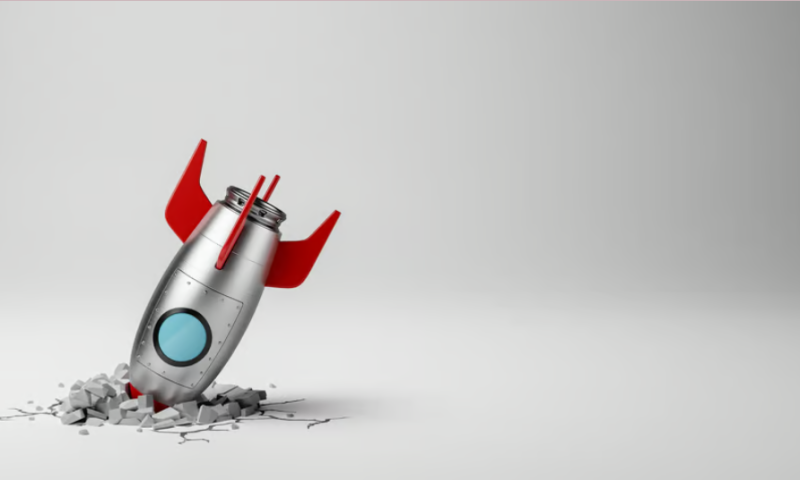Bavarian Nordic has crashed out of the respiratory syncytial virus (RSV) vaccine race, with a phase 3 failure in older adults sending the company’s plans—and stock price—into a tailspin.
The shot, dubbed MVA-BN RSV, failed to meet one of the two primary endpoints of the VANIR study, only demonstrating a 42.9% efficacy for preventing more severe lower respiratory tract disease (LRTD) based on at least 3 pre-defined symptoms. Despite hitting the other primary endpoint by showing 59% efficacy in preventing at least 2 pre-defined LRTD symptoms, the Danish drugmaker has decided to discontinue its RSV program completely.
“We are disappointed that our RSV vaccine candidate was not successful in this pivotal trial,” Bavarian Nordic CEO Paul Chaplin said in the Saturday release. “While this outcome was unexpected and will impact our short-term growth expectations, we continue to have a unique commercial business and given the recent strong brand and market growth, this provides a solid foundation for profitable growth in the years to come.”
Investors didn’t seem as easily convinced, sending the company’s stock plunging 21% to 148.80 Danish kroner in the opening hours of trading on the Copenhagen stock exchange Monday from a Friday close of 190 kroner.
Ending the program means that the company will no longer be in line for 195 million kroner ($28.9 million) in milestone payments from its Chinese partner Nuance Pharma for a planned launch of the RSV vaccine into Asian markets.
But the “continued strong growth” of its travel vaccine business—which now includes the typhoid fever vaccine Vivotif and cholera shot Vaxchora both acquired from Emergent BioSolutions earlier this year—is “expected to absorb” the loss of these payments, Bavarian Nordic claimed in the release.
MVA-BN RSV uses five RSV antigens to try to stimulate a broad immune response against both subtypes of the virus that is equivalent to how the body responds to infection with the pathogen. The VANIR study was assessing MVA-BN RSV against placebo in 20,000 adults aged 60 years and older.
Since the first participant was dosed in that trial back in April 2022, the RSV landscape has been transformed. In May of this year, GSK made history by securing the first-ever FDA approval for a RSV vaccine, with Pfizer following around a month later. Meanwhile, Moderna remains hot on the heels of both Big Pharmas, while Johnson & Johnson has thrown in the towel.
In a note Monday morning, Jefferies analysts noted that at 42.9% and 59%, respectively, the efficacy endpoints reported for MVA-BN RSV over the weekend were “well below” those of the shots by GSK, Pfizer and Moderna “even though endpoint definitions may differ somewhat across studies.”
Despite Saturday’s setback, the analysts said that Bavarian Nordic was still “on track to become a leading pure-play fully integrated vaccines company.” They also suggested there could be “record deliveries” of the company’s mpox vaccine Jynneos this year, “driven by strong demand triggered by the recent mpox outbreak April-July last year.”

